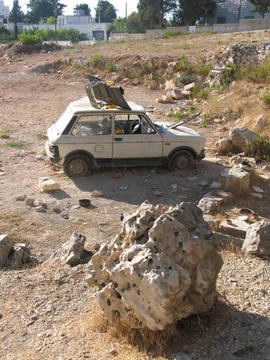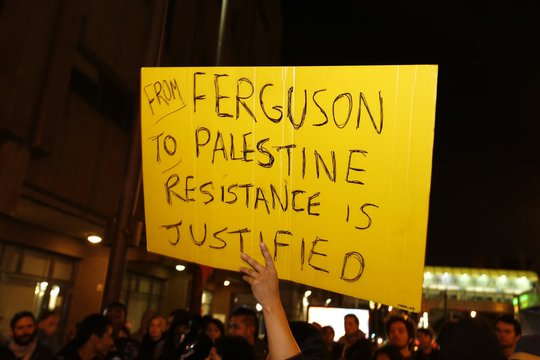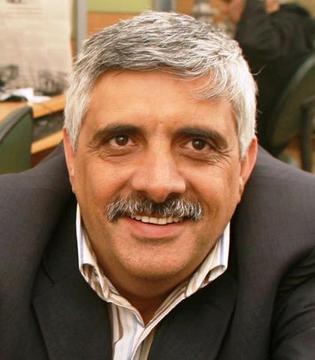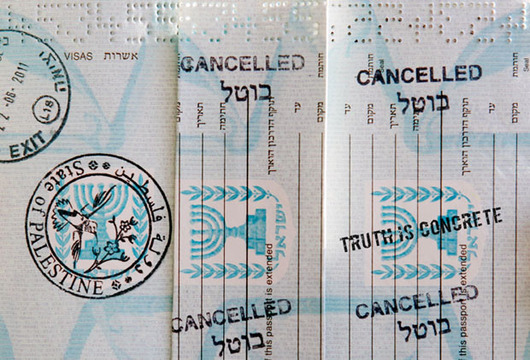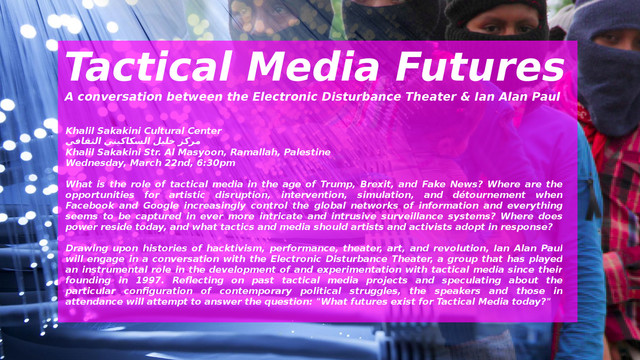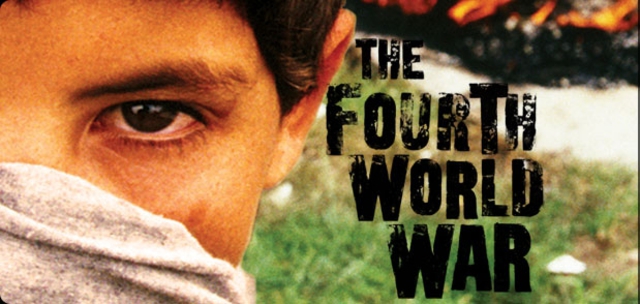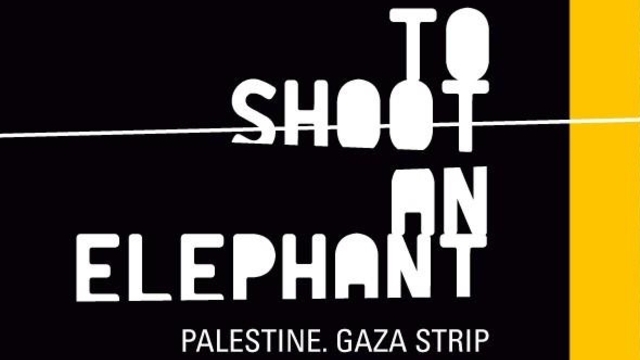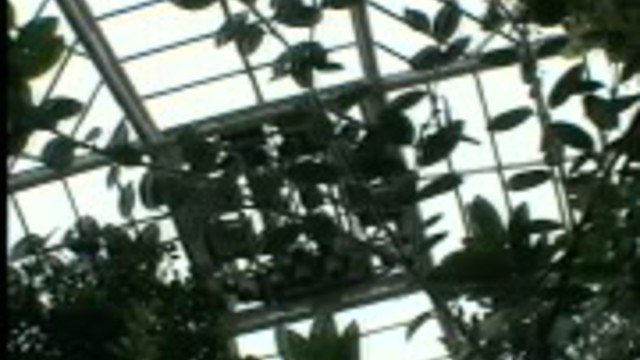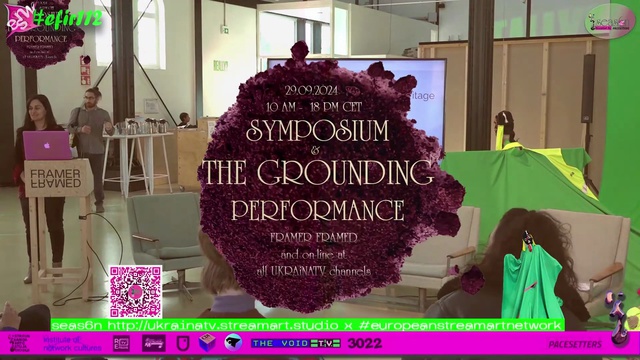Search results for 'Palestine'
Omar Robert Hamilton
Omar Robert Hamilton is an independent filmmaker and the producer of the annual Palestine Festival of Literature. He was born in London in 1984, and studied English Literature at Wadham College, Oxford. He now lives in Cairo.
ReadIan Alan Paul
Ian Alan Paul is a transdisciplinary artist, theorist, and curator. His practice includes the production of experimental documentary, critical fiction, and media art, aiming to produce novel conditions for the exploration of contemporary politics, ethics, and aesthetics in global contexts. His projects have approached a wide variety of topics including the Guantanamo Bay Prison, Fortress Europe, the Zapatista communities, Drone Warfare, the military regime in post-revolution/post-coup Cairo, and most recently with the history and future of Palestine.
ReadHands Up United
Daoud Kuttab
Daoud Kuttab is a former Ferris Professor of Journalism at Princeton University ('07-'08). While at Princeton he taught a seminar on new media in the Arab world. Kuttab is a Palestinian journalist and media activists. Born in Jerusalem in 1955, Kuttab studied in the United States and has been working in journalism ever since 1980.
Daoud Kuttab
Tactical Media Futures
Tactical Media Futures
A conversation between the Electronic Disturbance Theater & Ian Alan Paul
Khalil Sakakini Cultural Center
مركز خليل السكاكيني الثقافي
Wednesday, March 22nd, 6:30pm
Khalil Sakakini Str. Al Masyoon, Ramallah, Palestine
Wednesday, March 22nd, 6:30pm
Antisocial Media
“Antisocial Media” is a remix/cut-up/utopian-plagiarism of Guy Debord’s 1967 “The Society of the Spectacle” that reflects on the role of the network and (anti)social media in political, economic, and everyday life.
ReadREALLY? Art and Knowledge in Time of Crisis exhibition brochure
Catalogue for the exhibition at Framer Framed, Amsterdam, June 23 - September 29, 2024. Contains curatorial text and descriptions of art works.
Palestine the US and Satellite Television
Sixty-two-year old Jordanian Labibeh Tannous was trying frantically to
decide which satellite dish to buy. Should she go for the simple kind
that only has the Arab satellite stations that goes for about $100 or
should she go for a rotating dish that can pick up European stations as
well which can be bought for about $150?
Her interest reflects both how inexpensive satellite dishes have become
and the great thirst people throughout the Arab world have to go beyond
what their national station is providing in television news.
Hands Up United - Why has nothing changed? (January 2026)
Ferguson is everywhere. From St. Louis to Ayotzinapa to Palestine, millions are rising together to resist discrimination and State terrorism.
stateless plug-in
The 'stateless plug-in' is an extension for your browser that intervenes in digital territory, transforming the issue of stateless people into a multifaceted digital mapping of existing knowledge and information on the Internet.
Read
